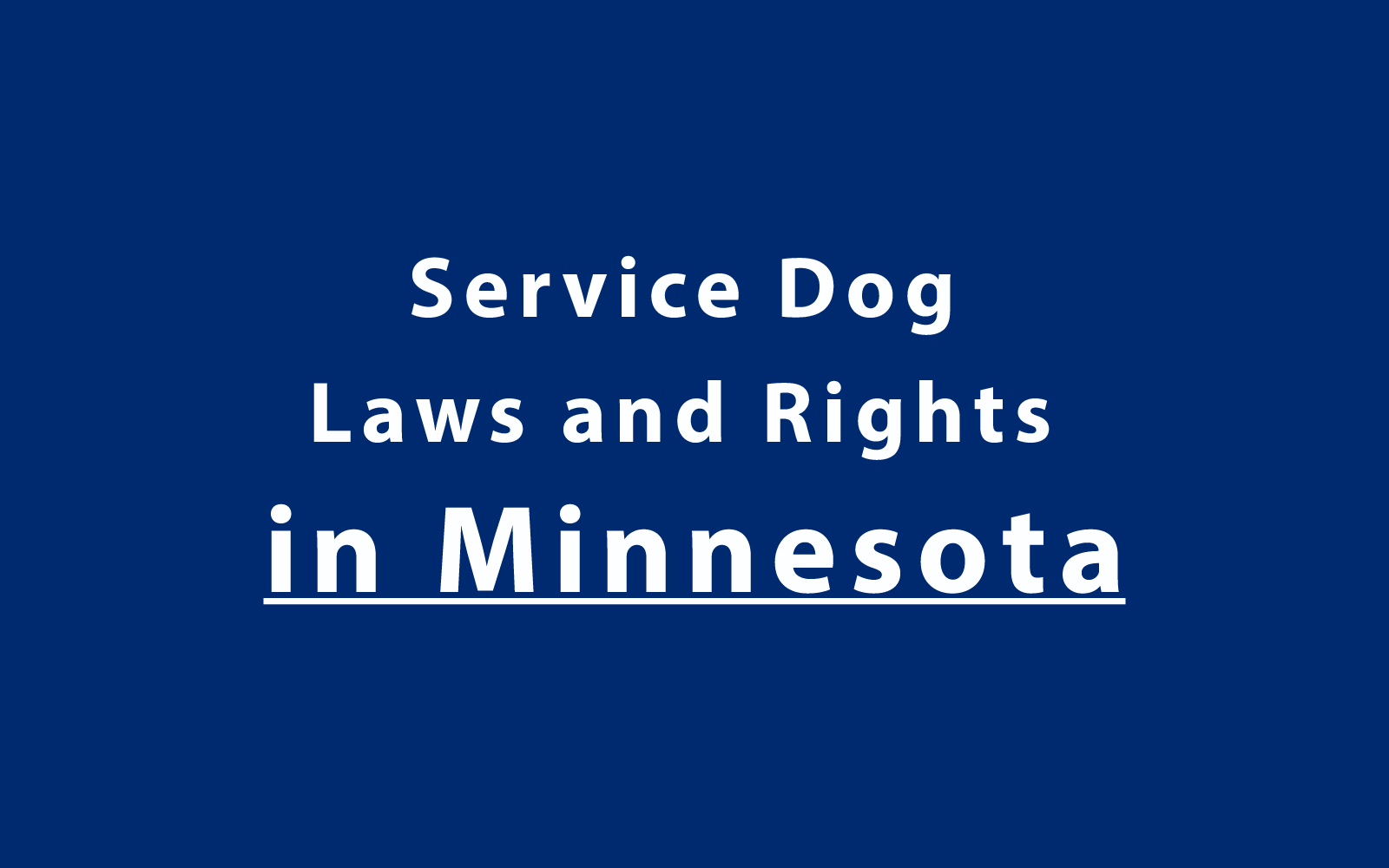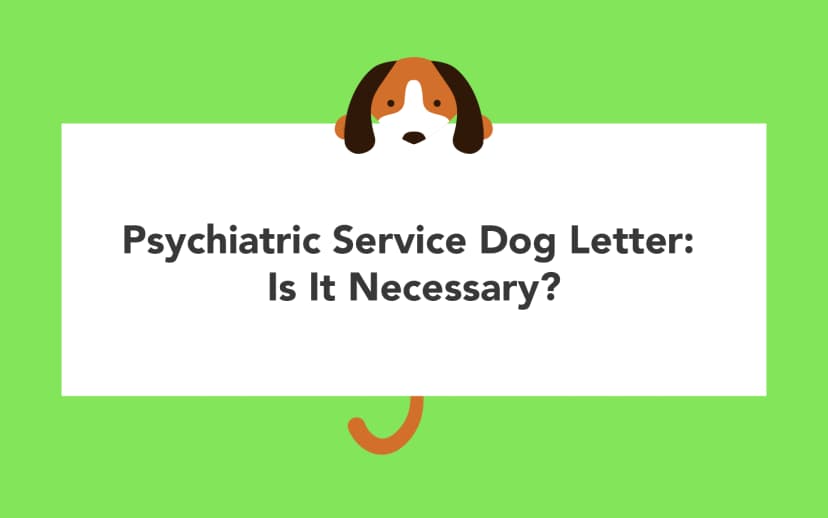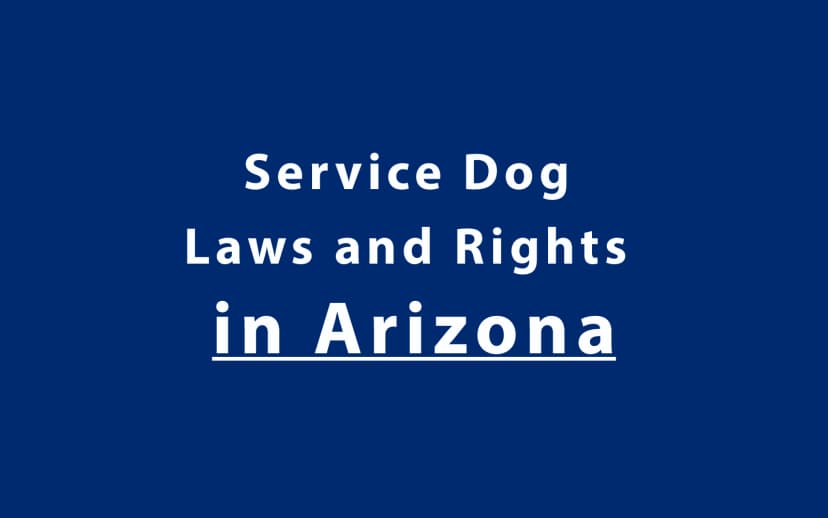Service Dog Laws and Rights in Minnesota

Service dogs are indispensable companions for individuals with disabilities, offering essential assistance that fosters independence and enhances quality of life. In Minnesota, both federal and state laws establish the rights and responsibilities of service dog handlers, ensuring they can navigate public spaces, secure housing, and access employment without facing discrimination. This comprehensive guide delves into the legal landscape surrounding service dogs in Minnesota, providing detailed insights into definitions, rights, responsibilities, and pertinent legal considerations.
Introduction to Service Dog Rights in Minnesota
Understanding the legal framework governing service dogs is crucial for handlers, businesses, landlords, and the general public. Key legislations that protect the rights of individuals with service dogs include:
- Americans with Disabilities Act (ADA): A federal law prohibiting discrimination against individuals with disabilities in all areas of public life, including public accommodations, employment, and transportation.
- Minnesota Human Rights Act (MHRA): State legislation that aligns with the ADA, offering additional protections within Minnesota.
- Fair Housing Act (FHA): Ensures individuals with disabilities have equal access to housing, including accommodations for service and assistance animals.
- Air Carrier Access Act (ACAA): Regulates the rights of individuals with disabilities when traveling by air with service animals.
Definition of a Service Dog in Minnesota
Under the ADA, a service animal is defined as a dog that is individually trained to perform tasks or do work for a person with a disability. These tasks must be directly related to the individual’s disability. Minnesota law mirrors this definition, ensuring consistency between state and federal regulations. It’s important to distinguish between:
- Service Dogs: Trained to perform specific tasks for individuals with disabilities.
- Emotional Support Animals (ESAs): Provide comfort by their presence but are not trained to perform specific tasks related to a disability.
- Therapy Animals: Trained to provide psychological or physiological therapy to individuals other than their handlers, often in institutional settings.
While service dogs have broad public access rights, ESAs and therapy animals do not enjoy the same legal protections in public accommodations.
Public Access Rights in Minnesota
Both the ADA and Minnesota law grant individuals with disabilities the right to be accompanied by their service dogs in all public accommodations. This includes, but is not limited to:
- Restaurants
- Hotels
- Retail stores
- Government buildings
- Hospitals
Handlers are responsible for ensuring their service dogs are under control at all times, typically using a leash, harness, or tether. If these devices interfere with the dog’s work or the handler’s disability prevents their use, alternative methods such as voice or signal controls must be employed. Businesses and staff may only ask two specific questions when the need for the service dog is not apparent:
- Is the dog a service animal required because of a disability?
- What work or task has the dog been trained to perform?
They cannot request documentation, require the dog to demonstrate its task, or inquire about the nature of the handler’s disability. However, a service dog can be asked to leave if it is out of control and the handler does not take effective action to control it, or if the dog is not housebroken.
Housing Rights for Service Dog Handlers
Under the FHA, individuals with disabilities are entitled to reasonable accommodations in housing, which includes the right to have service or assistance animals, even in properties with no-pet policies. Minnesota’s laws align with these federal protections. Landlords and housing providers cannot charge pet fees for service or assistance animals but may request documentation if the disability or the need for the animal is not obvious. This documentation typically comes from a healthcare provider affirming the individual’s disability and the necessity of the animal for their well-being.
Employment Rights in Minnesota
Title I of the ADA requires employers to provide reasonable accommodations to employees with disabilities, which can include allowing a service dog in the workplace. Employers may request documentation to substantiate the need for the service dog but must engage in an interactive process to determine appropriate accommodations. Accommodations can only be denied if they pose an undue hardship on the operation of the business.
Air Travel and Transportation Laws
The ACAA ensures that individuals with disabilities can travel with their service dogs on commercial airlines. Airlines may require documentation and prior notice, especially for long flights. Service dogs must be accommodated in the cabin without additional fees.
For other modes of public transportation, such as buses, trains, and taxis, the ADA mandates that service dogs be allowed to accompany their handlers. Transportation providers cannot deny access or charge additional fees for service dogs.
Service Dog Relief Areas and Facilities in Minnesota Airports
Minnesota’s airports — including Minneapolis–Saint Paul International Airport (MSP) — are required to provide designated service animal relief areas (SARAs) both before and after security. These areas are equipped with artificial grass, waste disposal bags, and signage, offering convenience for traveling teams.
Airports may also provide:
- Assistance from staff to locate the nearest relief area.
- Resources on accessibility services and guidelines for passengers with service animals.
Check your airport’s official website or the U.S. Department of Transportation’s Accessible Travel Services page before traveling for up-to-date information.
Education and Service Dogs in Minnesota
Public and private schools in Minnesota must comply with the ADA and state laws that guarantee access for students with service dogs. This includes:
- Primary and secondary education (K–12): Schools must allow service dogs to accompany students with disabilities in classrooms, cafeterias, libraries, and school buses.
- Higher education institutions: Colleges and universities are also required to make reasonable modifications to allow service dog access in dormitories, lecture halls, and campus facilities.
For minors, the responsibility of controlling the dog typically falls on either the student (if age-appropriate) or an aide provided by the school if necessary. Institutions may request documentation confirming that the service dog is trained and necessary for the student’s disability, but they may not require training certificates or deny access due to dog breed or size.
Service Dog Training and Certification in Minnesota
Minnesota does not require service dogs to be certified or registered. Handlers have the option to train the dog themselves or seek professional assistance. The key requirement is that the dog is trained to perform specific tasks related to the handler’s disability. While not legally required, some handlers choose to use identification cards, vests, or harnesses to signify their dog’s status as a service animal, which can help in public interactions.
Penalties for Misrepresenting a Service Dog in Minnesota
According to Minnesota Statute 609.833, it is unlawful to intentionally misrepresent an animal as a service animal. This includes using vests, tags, ID cards, or any verbal claims that an untrained or non-qualified pet is a service dog. The law defines a service animal as one that is specifically trained to do work or perform tasks for the benefit of an individual with a disability — and deliberately misleading others about this status is taken seriously.
Violators may face:
- A petty misdemeanor charge for a first-time offense.
- Monetary fines or community service requirements.
- Potential civil liabilities if the misrepresentation leads to harm or denial of services for genuine service dog teams.
This law not only discourages abuse but also protects the integrity of legitimate service dog handlers, ensuring they can access the accommodations and protections they need without skepticism or undue burden.
Resources for Minnesota Residents
Here are some helpful contacts and links for further reading:
- Minnesota Department of Human Rights (MDHR):
- https://mn.gov/mdhr – For state-level human rights enforcement and education.
- ADA Information Line (U.S. Department of Justice):
- 800-514-0301 (Voice) or 800-514-0383 (TTY) – For direct guidance on ADA compliance.
- Minnesota State Law Library:
- https://mn.gov/law-library – For researching Minnesota statutes related to disabilities and service animals.
- Assistance Dog Partners:
- https://assistancedogpartners.org – For information on registration, ID credentials, and service dog resources.
Conclusion
Minnesota upholds strong protections for service dog handlers under both federal and state law. From public access to housing, employment, air travel, and education, individuals with disabilities who rely on service dogs are entitled to equal treatment and accommodations throughout the state.
Understanding your rights, training your dog appropriately, and following legal protocols help ensure a safe, respectful, and inclusive environment for everyone. Whether you’re a handler, business owner, educator, or landlord, knowing Minnesota’s service dog laws is key to building a community that respects and upholds the rights of those with disabilities.



